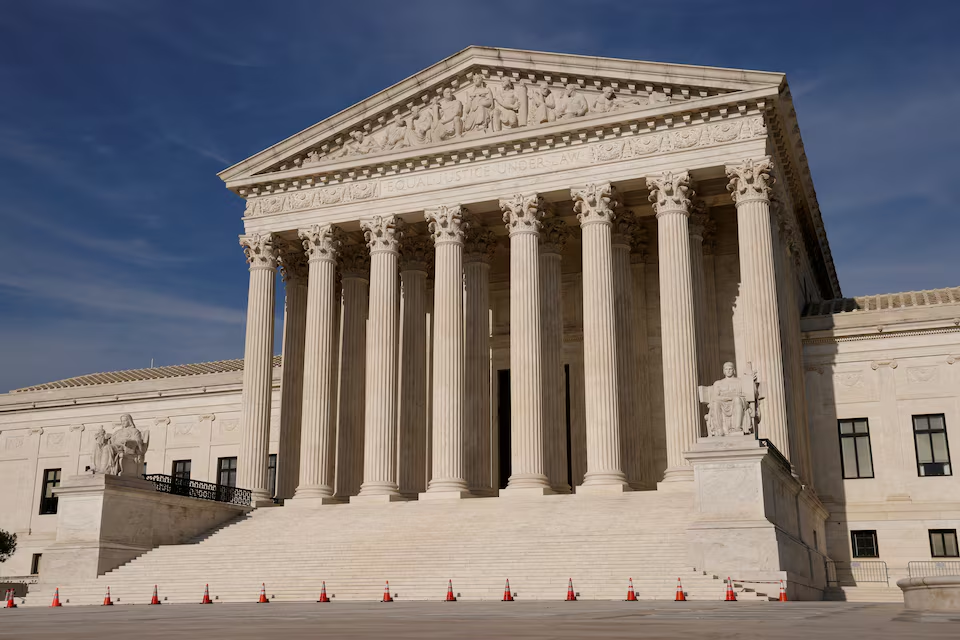The Supreme Court’s ruling on Coinbase v. Suski addressed a legal conflict involving a Dogecoin sweepstakes promotion by Coinbase. Central to the case were two conflicting documents: Coinbase’s user agreement, which required arbitration for disputes, and the sweepstakes rules, which were silent on the matter.
Key Points of the Decision
Dispute Levels:
- Justice Ketanji Brown Jackson’s opinion meticulously defined a hierarchy of disputes:
- First-order disputes involve the substantive issues of a conflict.
- Second-order disputes revolve around the agreement to arbitrate the substantive issues.
- Third-order disputes concern who decides whether arbitration is appropriate.
- Coinbase v. Suski brought forth a unique fourth level: resolving conflicts between multiple agreements over who decides arbitrability. This required the application of traditional contract principles, leading to the judgment that courts must make the final call on such conflicts.
Traditional Contract Principles:
- The ruling emphasized that agreements to arbitrate must be clear and mutually accepted by the parties. In cases of conflicting documents, it’s the court’s responsibility to determine whether parties agreed to arbitration.
Response to Coinbase’s Arguments:
- The court dismissed Coinbase’s argument based on the “severability” principle. Here, the claim was that the later contract superseded the arbitration clause. This dismissal reaffirmed that the existence of conflicting agreements moved the jurisdiction decision to the courts.
- On the misapplication of California law, the court chose not to address this argument as it wasn’t part of the original challenge.
- Regarding potential chaos from the ruling, the court asserted that the unique context of amended and rescinded agreements would not lead to widespread legal disruption.
Impact and Implications
Court’s Jurisdiction:
- This ruling underscores the supremacy of the courts in determining arbitration applicability, particularly when documents conflict. It establishes a clear precedent: the judiciary must navigate and interpret conflicting arbitration clauses.
Practical Considerations:
- For legal practitioners, this decision highlights the importance of clarity in drafting agreements. Documentation should explicitly address arbitration to avoid similar conflicts.
- Organizations offering promotions or similar activities must ensure consistency across all terms and conditions to mitigate legal risks.
| Key Concept | Details |
|---|---|
| First-order Dispute | Substantive issues of the conflict |
| Second-order Dispute | Agreement to arbitrate substantive issues |
| Third-order Dispute | Who decides on arbitration applicability |
| Fourth-order Dispute | Resolving conflicts between multiple agreements |
Justice Jackson’s Framework:
- Justice Jackson’s structured approach to understanding dispute levels provides a robust framework for future arbitration cases. It aids in dissecting the nature and hierarchy of disputes and determining the proper adjudicator.
Observations on the Case’s Uniqueness
- The Supreme Court’s unanimous decision suggests a rare scenario unlikely to recur frequently. The specific nature of the conflicting agreements in Coinbase’s Dogecoin sweepstakes made this case particularly notable.
- The decision reaffirms traditional contract principles, emphasizing the judiciary’s role in resolving contractual ambiguities, especially concerning arbitration clauses.
Conclusion of Decision Scope:
- The justices designed their ruling to apply narrowly to cases with similarly unique circumstances, minimizing broader legal system impacts.
This detailed examination of Coinbase v. Suski and the resolution framework provided by Justice Jackson offers invaluable insights for legal professionals. It underscores the necessity for precise contractual language and solidifies the role of courts in arbitrating disputes over arbitration itself.








